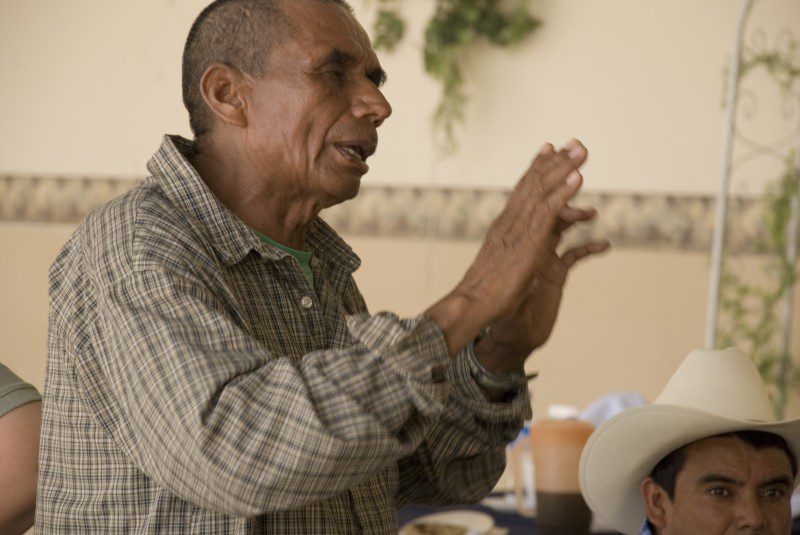
Much has been written in the Australian media recently about the Trans Pacific Partnership Agreement (TPP). The TPP is Free Trade Agreement currently being negotiated by the Australian, US and other Pacific-country governments.
Of great concern are secretive Investor State Dispute Settlement (ISDS) clauses – which the US wants included in the TPP. If Australia agrees to an ISDS as part of the TPP this would allow foreign companies to sue Australian governments if their investments are ‘harmed’ by national law. For example, laws designed to protect important ecosystems, tighten controls on pollution from industrial processes and protect public health by introducing plain packaging legislation for cigarettes could be challenged by foreign corporations using ISDS clauses.
This means that a company could claim millions of dollars in damages if the Australian (or a state) Government were to create legislation which could reduce the value of a company’s investment. There are numerous examples from around the world where governments have been forced to pay up.
ISDS clauses also limit the ability and willingness of governments to regulate to protect social or environmental interests. The United Nations Conference on Trade and Development, the UN body responsible for dealing with trade and development issues, reports with concern that governments regularly face investor claims concerning environmental matters.
Many Australians would be deeply concerned about the consequences of the TPP for Australia.
What about the reverse? Are Australian companies using ISDS provisions (or similar schemes) to undermine social and environmental protections overseas as they pursue investment opportunities? In one instance they are.
Canadian-based miner Pacific Rim is demanding US$301 million in compensation from the government of El Salvador over its refusal to issue a permit to develop the ‘El Dorado’ gold mine – US$301 million, or a permit to develop the mine. Pacific Rim is a wholly-owned subsidiary of the Australian company OceanaGold.
In El Salvador 90% of the country’s surface water is heavily contaminated and 20% of its rural population lacks safe drinking water. With El Salvador experiencing a clean water crisis, opening the country up to mining would significantly threaten water supplies.
Communities around the El Dorado project fear for their environment and for the country’s most important river and source of water. People are also concerned that mining will have negative consequences for the protection of basic human rights, social stability and violence.
In short, people across El Salvador have said no to mining, and their government has listened. The company has not though.
Pacific Rim is accused by its critics of subverting democratic processes and national sovereignty by pursuing a claim against El Salvador in the World Bank’s International Centre for Settlement of Investment Disputes. Effectively, Pacific Rim is holding El Salvador to ransom to secure a mining licence.
Now is the time for Pacific Rim, and their Australian-backer OceanaGold, to drop the lawsuit against El Salvador. If the situation was in reverse, and a foreign company was interfering with Australia’s democratic processes and national sovereignty, many Australians would be demanding the same.
Christina Hill
Mining Advocacy Coordinator
Keep up-to-date with all of our work by signing up to one of our free regular e-newsletters.
